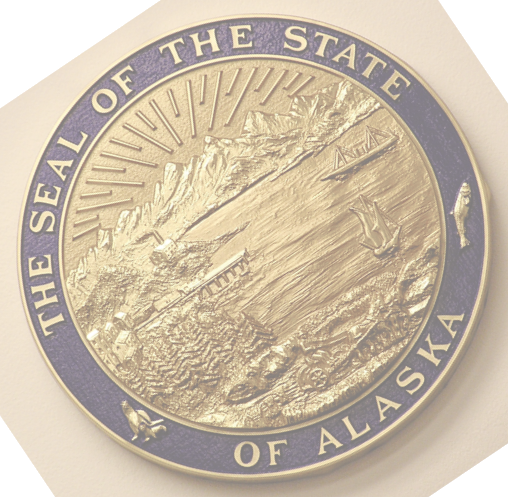Today, the Senate passed Senate Bill 201, an act regarding criminal trespass by a vote of 17 yeas and 2 nays. I introduced this bill earlier this session to amend the criminal trespass statutes as it relates to the posting of “no trespass” signs. Current state law gives a person who enters or remains on unimproved or apparently unused land the privilege to do so unless notice against trespass is given. There are two ways notice against trespass can be given: 1) if the landowner or an authorized representative personally communicates to the person that trespass is prohibited; 2) or if “no trespass” signs are posted. The law also includes specific requirements for posting “no trespass” signs such as:
It must be at least 144 square inches in size;
It must contain the name and address of the landlord or an authorized representative;
It must be posted at every roadway or access point to the property;
In the case of an island, it must be posted on the perimeter of each cardinal point of the island;
Furthermore, the sign must state what specific activities are prohibited such as “no hunting,” “no fishing,” or “no digging.”
Senate Bill 201 would remove from statute the excessive requirements for posting numerous no trespassing signs at every access point. If we don’t do this, intentional trespassers will continue to use this section of statute as a legal defense to enter and remain on private land. All they have to do is find an access point that isn’t posted. Many Alaskans own private property in remote locations with severe weather. No trespassing signs can be blown down, removed by vandals, or covered by snow. The lack of visible signs at every access point to your property should not be a legitimate excuse for trespassers. It should be the responsibility of the individual to find out beforehand if the property they want to use is public or private.
This won’t result in a flood of criminal trespass charges against the average citizen who is out for a hike and wanders across someone’s private land. In the 1987 case of Johnson vs. State, the court established a prerequisite for conviction for the offense of criminal trespass. The state is obligated to prove beyond a reasonable doubt that the defendant knowingly remained on the premises after personally being ordered to leave. Finally, this won’t change the legal right of a person to use private property in an emergency. AS 11.46.340 provides an affirmative defense against prosecution if someone enters and uses private property in the case of immediate and dire need.
Senate Bill 201 now goes to the House of Representatives for their consideration in the final days of the legislative session.

Comments are closed